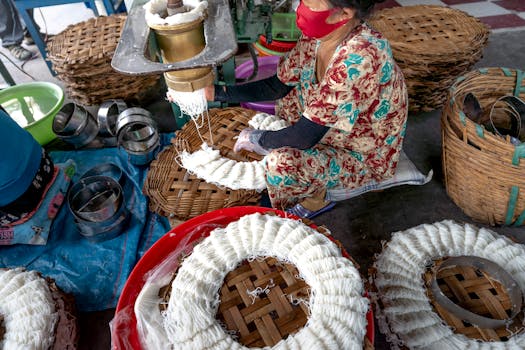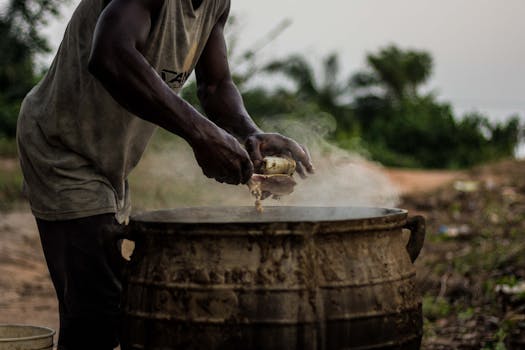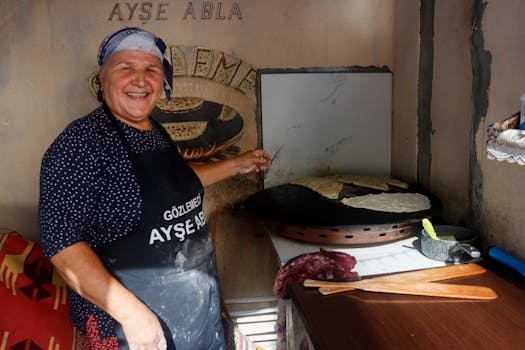
Traditional Cuisine: A Window into Culture
Takeaways:
- Traditional cuisine serves as a cultural narrative that tells the story of a community.
- Food reflects the geography, history, and values of a culture.
- Exploring traditional dishes can foster appreciation and understanding of different cultures.
Food is one of the most universal aspects of human experience, yet it is also deeply personal and tied to cultural identity. Traditional cuisine, in particular, offers a unique lens through which we can explore and understand a culture’s history, values, and societal practices. From the ingredients used to the methods of preparation, every dish carries with it a story of the people who created it. This article delves into the significance of traditional cuisine as a window into culture, examining how food connects us to our roots and to each other.
The Role of Traditional Cuisine in Cultural Identity

Food traditions are passed down through generations, creating a sense of belonging and continuity. Families often gather around traditional meals during holidays and celebrations, reinforcing cultural ties and shared memories. This communal aspect of food not only nurtures relationships but also strengthens cultural identity.
Moreover, traditional cuisine often incorporates local ingredients, which not only defines the flavor profiles but also connects the community to its land. For example, Mediterranean diets emphasize fresh vegetables, olive oil, and seafood, reflecting the region’s geography and climate. By understanding the ingredients and techniques used in traditional dishes, we gain insight into the values and priorities of the culture they represent.
Exploring Culinary Techniques and Food Stories

Food storytelling is another vital aspect of traditional cuisine. Every dish has a narrative that often intertwines with folklore, religion, and significant historical events. For example, the Italian dish of lasagna has roots in ancient Rome, and its evolution reflects the changes in Italian society over centuries. Similarly, the Indian festival of Diwali is celebrated with sweets like gulab jamun, which symbolizes the joy and prosperity of the occasion.
As we explore traditional cuisines from around the world, we discover not only the flavors but also the cultural significance behind each dish. The act of cooking and sharing food becomes a celebration of heritage, where recipes are cherished and adapted, forming a living history that continues to evolve.
Food as a Medium for Cultural Exchange

However, it is essential to approach this exchange with respect and understanding. Authenticity matters, and it is crucial to honor the origins of traditional dishes while also recognizing the creativity that comes with fusion cuisine. By doing so, we can celebrate the rich tapestry of global culinary traditions without appropriating them.
Moreover, traditional cuisine can play a role in promoting cultural awareness and appreciation. Food festivals, cooking classes, and community events centered around traditional dishes provide opportunities for individuals to learn about different cultures, fostering respect and understanding among diverse groups.
Conclusion








